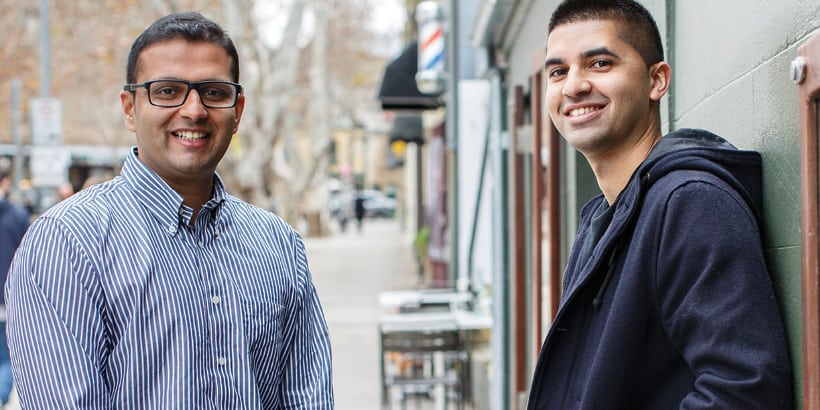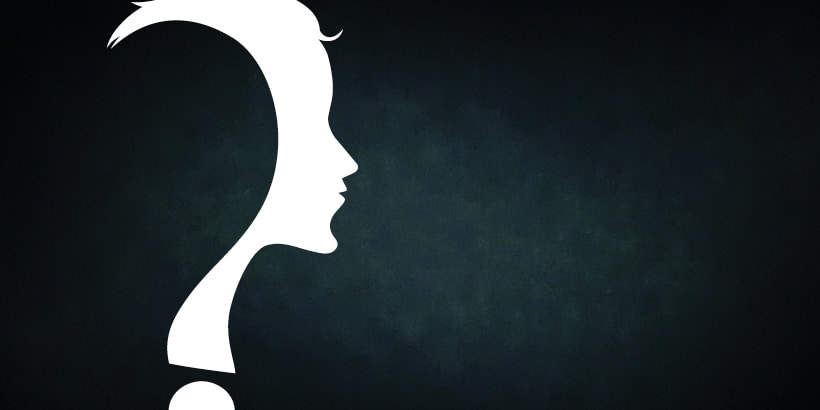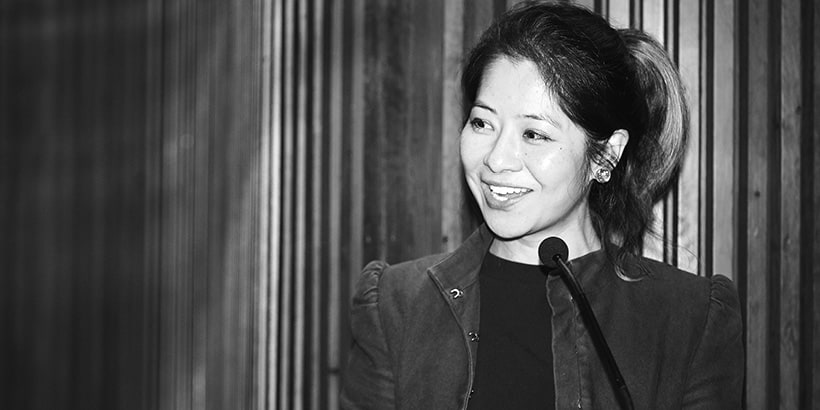
Changing the face of cancer care
September 12, 2017
The right answers to the wrong questions
September 12, 2017FEATURE
The Water Well Project, which has been promoting better health outcomes in refugee and asylum seeker populations in Victoria since 2011, has recently expanded to NSW.
Born in Australia to refugee parents, Dr Linny Kimly Phuong recalls acting as an interpreter for her family during doctor visits.
“It was quite funny because they were obviously learning English and how the Western world worked, and I was this four year old who came to appointments and was translating for them. So I could understand at a very young age that language was a big issue and that was only one aspect of the bigger picture.”
Dr Phuong’s parents came to Australia in the 1970s. They had fled Vietnam by boat and ended up in a Malaysian refugee camp. Eventually they were accepted in Australia under the United Nations Humanitarian Entry Program.
“When I was growing up I don’t think I realised what they had done or where they had come from and their story. My sisters and I are the first generation to go through university, while my Dad did the equivalent of Year 12 and my mum didn’t finish high school.”
Dr Phuong is currently an Infectious Diseases fellow at The Royal Children’s Hospital, and studying a Masters in Public Health at Melbourne University.
And while her early experiences helping her parents navigate the Australian health system might have sparked her interest in medicine, they also planted a seed about the importance of health literacy. A seed that – almost 30 years later – would germinate and slowly grow into The Water Well Project, a not-for-profit health promotion charity, which aims to promote equitable access to healthcare for migrants, refugees and asylum seekers, enabling them to live healthier lives.
In 2011, Dr Phuong and a colleague facilitated a pilot health information session with an Ethiopian community group in Melbourne. Almost 200 people crammed into the Church to participate in the diabetes session – eagerly listening and asking questions through an interpreter. This was the auspicious start to The Water Well Project.
“Suddenly, before we knew it, we had a committee, we were a not-for-profit, we had charity status, we were applying for grants and we’d become a Victorian registered organisation. It really just snowballed,” Dr Phuong said.
Today, more than 300 volunteer healthcare professionals donate their time and expertise to deliver interactive health sessions specifically aimed at refugee and asylum seeker communities.
Dr Phuong was recently presented with the AMA’s Doctor-in-Training Award at the National Conference held in May for her inspirational efforts in building The Water Well Project.
How does it work?
The charity partners with organisations and community services already working with people of migrant, refugee and asylum seeker backgrounds, such as the Brotherhood of St Laurence, Spectrum Migrant Resource Centre and the Australian Red Cross.
Topics for the sessions are requested by the community. Typical sessions cover issues such as cardiovascular health, healthy eating, and how to navigate the Australian health system.
“In developing countries, people may not present to a hospital unless they’re extremely unwell. The concept of preventative health is very much a Western concept, as is shared decision making, which makes things extremely confusing for new arrivals presenting for medical assistance.”
Dr Phuong added, “In a lot of countries people don’t go to hospital unless they’re dying and they might not know that you can go to the emergency department if you’ve broken something. Also it’s just a very different mentality, and that shared decision- making that we do in Western medicine is so foreign to outsiders.”
The sessions are run for 1 to 1.5 hours and are facilitated by a minimum of two volunteer health professionals, and where necessary an external professional interpreter is brought in. The Water Well Project has been fortunate to secure a Translating Interpreting Service (TIS) exemption for face to face interpreters in both NSW and Victoria. Volunteers are also briefed on any cultural sensitivities within the group prior to the sessions.
Dr Leisel Trompf, who joined The Water Well Project as a volunteer five years ago, said interacting with people from culturally and linguistically different backgrounds has made her a better doctor.
“Absolutely – both in terms of my cultural awareness, but also in terms of my communication skills and how I talk to families about issues. It really forces you to think about how you are explaining something and really engaging people in that communication.”
Dr Trompf was inspired to join The Water Well Project after hearing Dr Phuong speak at an AMA Women in Medicine event.
“I think it was the idea of actually using my skills and knowledge to help people in the community that drew me to the project. As a medical student, there wasn’t a lot of opportunity for that. And I found even as an intern you do a lot of paperwork and not that much seems to help people directly, whereas this was an opportunity to really get out in the community, meet people and do something beneficial.”
Dr Trompf, who recently transferred to The Children’s Hospital at Westmead, has been instrumental in expanding the reach of The Water Well Project into NSW. The organisation held a training session for new volunteers a few months ago. And while they now have 20 trained facilitators, Dr Trompf said the next challenge will be to connect with local organisations.
“Finding organisations is difficult because we’re very much an unknown entity in NSW. In Victoria, word is really spreading, so when you approach an organisation there’s a good chance they’ve already heard of Water Well.”
According to Dr Trompf, the sessions are quite individual and really depend on the group’s level of health literacy.
“There is huge variation of health literacy among the groups. I remember speaking to a group in Geelong and one of the women said ‘Can you please explain to the other women here, that the gender of their baby is not their fault?’ Because in that community that was a big deal. If the women had girls instead of boys the husband often blamed the wife.”
She also recalled facilitating another workshop where the group basically ran the session themselves.
“There was one particular group where their level of knowledge was higher than I was expecting. It was a women’s group and they were so engaged. And because their level of knowledge was so excellent, really they almost ran the session, and I was a true facilitator. It was great to see these women interact with each other, as some knew each other, but a lot of them didn’t. And it was more like a group of friends chatting.”
These types of experiences is part of the reason The Water Well Project inspires so many volunteer healthcare professionals.
According to Dr Phuong, “I think the feedback we’ve had has kept us going. Some of our volunteers said after their session one particular group got up and sang their national song to say thank you. There have been lots of groups which have asked the volunteers to stay behind and have lunch with them. We had a mother’s group that was sending their kids to school with really unhealthy lunches, pastries and packaged food and their request from us was could you please deliver us a session around nutrition, mainly around how to package a child’s lunch. So we delivered a session on healthy eating which centred around teaching them how to make healthy sandwiches and consider healthier snacks. The feedback the week after was that it had a dramatic impact and the schools were commenting how these kids were now eating better food. It was one more piece of the puzzle.”
If you’re interested in learning more about The Water Well Project, visit the website.

